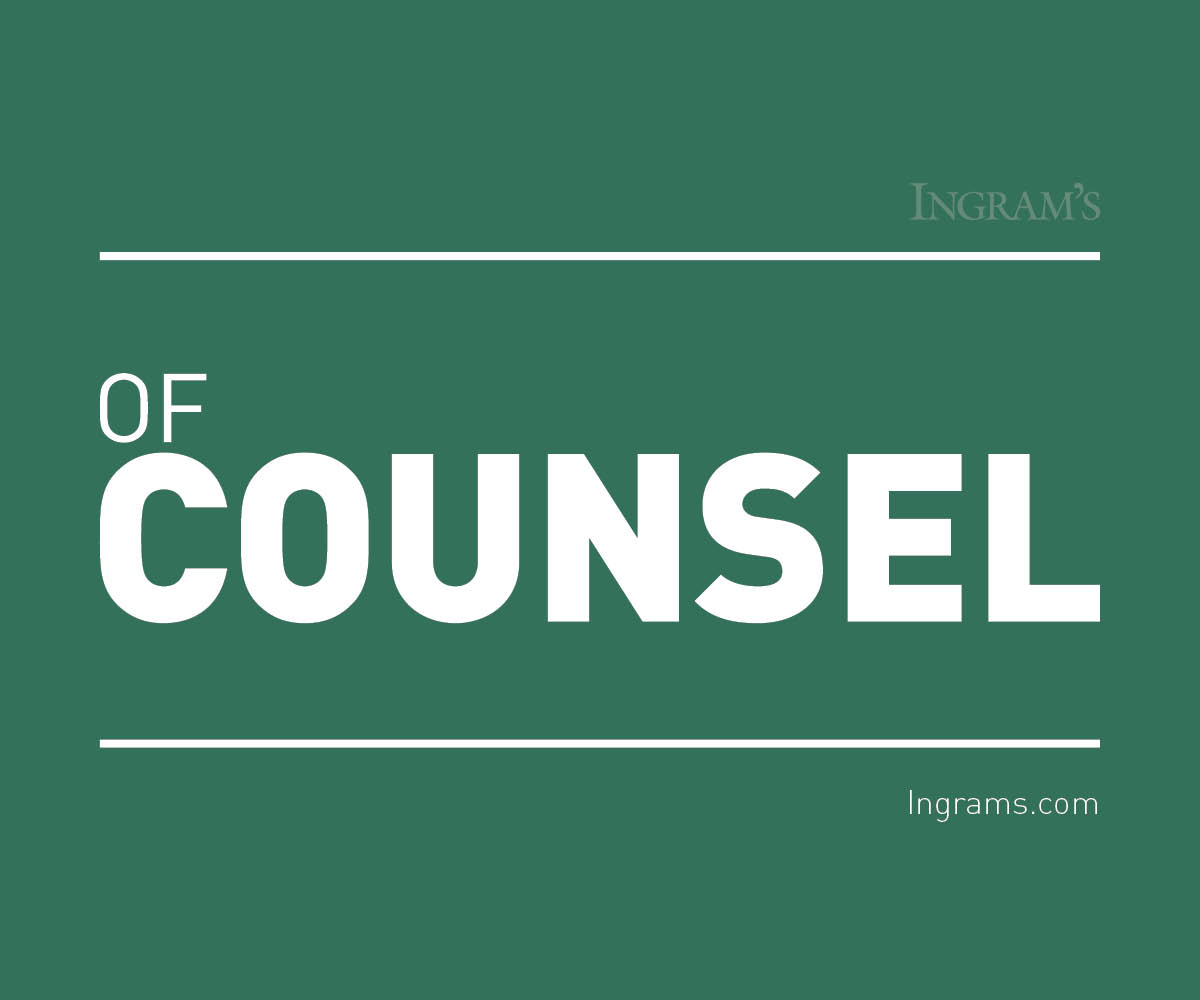HOME | ABOUT US | MEDIA KIT | CONTACT US | INQUIRE
HOME | ABOUT US | MEDIA KIT | CONTACT US | INQUIRE
Employers have a fine line to walk balancing workers’ safety and privacy considerations.
 The COVID-19 pandemic presents challenges to our economy and our very way of life. With infection numbers growing, businesses will be dramatically impacted for the foreseeable future. Much has been written about what we can and should do
The COVID-19 pandemic presents challenges to our economy and our very way of life. With infection numbers growing, businesses will be dramatically impacted for the foreseeable future. Much has been written about what we can and should do  to best protect employees and customers during these most difficult times. But we must also consider what can and should be said as we wrestle with this ongoing issue.
to best protect employees and customers during these most difficult times. But we must also consider what can and should be said as we wrestle with this ongoing issue.
Communication of information and ideas is perhaps never more important than it is today. But are there limits on what employers should be telling employees about COVID? Or what employees ought to be able to say about COVID? This article offers a few suggestions.
What should we tell employees about possible workplace COVID exposure?
The Americans with Disabilities Act generally prohibits employers from sharing employees’ health-related information except in narrow circumstances. The EEOC has taken the position that employers can release the names of employees diagnosed with COVID only to those who need to know an employee’s diagnosis to prevent the spread of COVID to others. For example, the person in charge of tracing infected workers’ contacts will need the names of those who test positive, but front-line supervisors likely only need to know an infected employee is on leave, not the reason for the leave. The ADA’s rule limiting disclosure presents challenges for employers that want to notify people about potential COVID exposure. As a general rule, it is permissible to notify employees that they may have been exposed to COVID on a particular date in a particular section of the workplace, but infected employees should not be identified by name. The EEOC has recognized that people may guess the identity of the infected individual, but advises against confirming names even if the guesses are correct.
Is it defamation to openly discuss COVID diagnoses?
Probably not, but it’s possible. Although the law varies somewhat from state to state, most states allow an action for damages for defamation, which is often referred to as libel (if in writing) or slander (if verbal). Defamation involves a false and defamatory statement that is communicated to others and that causes damage to reputation. Most states also require some degree of fault, such as thatthe speaker was negligent in making the comments.
Legal land mines regarding potential defamation, discipline and workplace gossip require employers to understand the risks of discussing COVID on the job.
Application of these rules could create exposure for making comments about COVID if the comments meet all of the elements of the state law definition of defamation. Thus, for example, if a manager falsely reports that an employee has tested positive, does so with the requisite degree of fault, and the report causes damage to the employee’s reputation, there could be liability for defamation. That said, it seems unlikely that all of these elements would be established in most circumstances. Case in point—if the employee in fact tested positive, there was no false statement and thus no defamation. It is more likely that open discussion of positive COVID diagnoses would run afoul of the ADA (as discussed above), or could lead to a claim of invasion of privacy.
Can employees be disciplined or discharged for falsely claiming to be COVID-positive?
As a general rule, employers are free to impose discipline and to discharge for any reason that is not prohibited by law. This concept flows from the doctrine of employment at will, which provides that, absent an employment contract, employment is terminable at the will of either the employer or the employee for any reason or no reason at all. Although employment decisions cannot be motivated by protected characteristics like disability, gender, race or age, there is no protected right to falsely report that one is COVID-positive.
But this is an area that warrants cau-tion. Employees who mistakenly believe they are COVID-positive may enjoy at least some protection from the ADA and/or the Family and Medical Leave Act. Consequently, before imposing discipline, an employer should confirm that the report was deliberately false as opposed to simply mistaken. This is also an area where consultation with an attorney is well advised.
Can employees be disciplined or discharged for gossiping about workplace COVID exposure? Maybe. There is no inherent right to gossip about other employees’ health conditions. But if the purpose of the discussion is to advance the collective interests of employees in maintaining a safe workplace, then OSHA and/or the National Labor Relations Act may be implicated. Thus, again, the prudent approach would be to consult with counsel before taking action.
In sum, there are potential pitfalls in regulating workplace discussion of COVID issues. Care should be exercised before taking action.